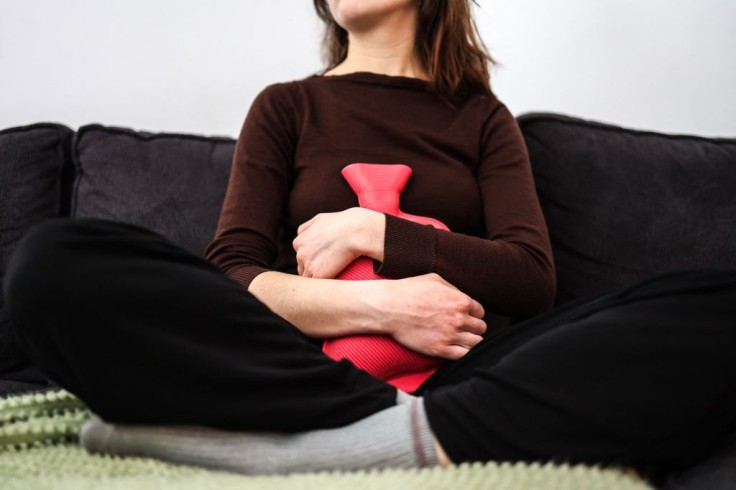
Parenting is a journey filled with important responsibilities, and one crucial aspect is guiding your daughter through the various stages of life. As she approaches puberty, it becomes essential to provide her with the knowledge and tools to manage her menstrual health effectively.
Menstruation is a natural process that every girl experiences, and understanding menstruation hygiene tips is vital for her well-being.
In this article, we will explore the significance of menstruation hygiene, provide essential tips for parents to teach their daughters, and empower them to navigate this phase of their lives confidently.
Menstruation Hygiene Tips
Here are some important menstruation hygiene tips to teach your daughter:
Introduce the Concept Early
According to Healthshots, start the conversation about menstruation before your daughter experiences her first period. Introduce the topic gradually and ensure that she understands the basics, such as the purpose of menstruation and how the body prepares for it.
Explain the Menstrual Cycle
Teach your daughter about the menstrual cycle, which typically lasts for 28 days. Explain that it involves the release of an egg from the ovaries, the thickening of the uterus lining, and its subsequent shedding if fertilization doesn't occur.
Provide Accurate Information
Dispelling myths and providing accurate information about menstruation are essential. Address common misconceptions, such as that periods are dirty or something to be ashamed of. Teach your daughter that menstruation is a normal part of life and that it should be embraced with confidence.
Encourage Washing Hands Properly
As Twinkl recommends, emphasize the significance of personal hygiene during menstruation. Teach your daughter to wash her hands before and after changing menstrual products and to clean her genital area thoroughly with mild, unscented soap.
Teach Disposal Methods
Inform your daughter about proper disposal methods for used menstrual products. Explain that these products should be wrapped securely and disposed of in designated bins or trash cans. Teach her about eco-friendly options, such as biodegradable pads or menstrual cups.
Maintain a Regular Schedule for Changing Sanitary Products
It is important to emphasize the significance of changing sanitary products (such as pads, tampons, and menstrual cups) at regular intervals to maintain good menstrual hygiene.
The frequency of changing these products should be determined by the heaviness or lightness of your menstrual flow. If you experience a heavier flow, it is advisable to change your sanitary products every 2 to 6 hours.
For a lighter flow, changing them every 4 to 6 hours is generally sufficient. By adhering to a regular changing routine, you can minimize the risk of bacterial growth, which can lead to unpleasant odors and potential infections in the genital area.
Steer Clear of Scented Products
It is essential to avoid the use of scented products such as soaps, perfumes, and vaginal wipes when bathing or cleaning the genital area. These scented products can disrupt the natural pH balance of the vagina. Instead, opt for using plain water during cleansing routines.
It's important to note that the vagina has a self-cleaning mechanism and typically does not require additional products for maintenance. By refraining from scented products, you can help maintain a healthy pH balance and reduce the risk of irritation or discomfort in the vaginal area.
The Food You Consume Impacts Your Overall Well-Being
According to UNICEF, it's important to recognize that the food you consume has a direct impact on your overall well-being. The old saying "you are what you eat" holds true when it comes to maintaining a healthy lifestyle. The nutrients, vitamins, and minerals present in the foods you choose play a crucial role in supporting various bodily functions and promoting optimal health.
Seek Professional Guidance
If your daughter has any concerns or experiences irregularities, encourage her to reach out to a healthcare professional. Assure her that discussing menstrual health with a doctor is normal and that they can provide appropriate guidance and support.
Parenting involves equipping our children with the knowledge and skills necessary to navigate life's challenges. Teaching your daughter about these menstruation hygiene tips is an essential part of this journey.
By providing accurate information, promoting good hygiene practices, and fostering open communication, you can empower your daughter to embrace her menstrual cycle confidently.
Remember, supporting her through this transformative phase contributes to her overall well-being and sets the stage for a healthy attitude towards her menstrual health in the years to come.